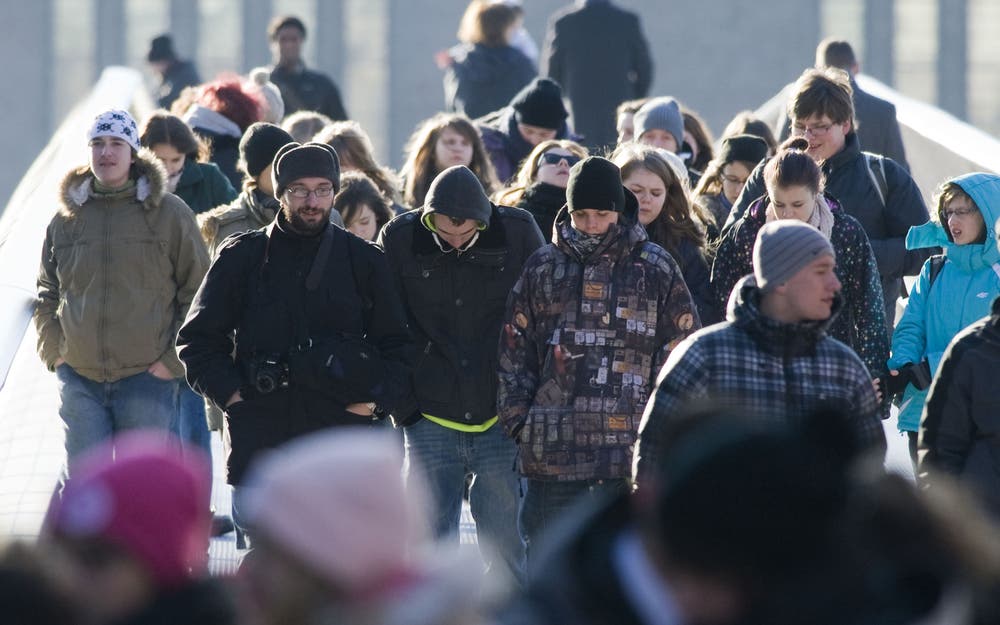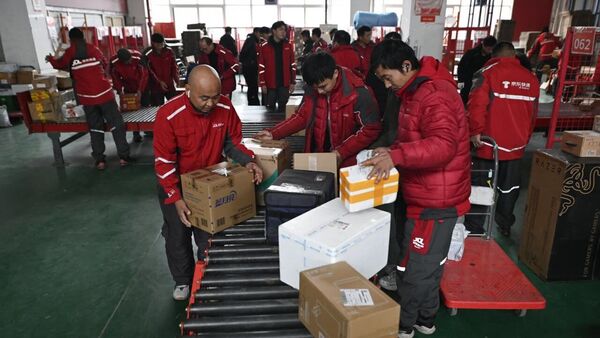The United Nations’ recent report highlights significant disparities in wage recovery across the globe following the pandemic. While countries like China and Russia have seen substantial gains in wages, many developed economies are struggling to recover at the same pace. This uneven recovery is largely due to inflationary pressures in wealthy nations, where wages have failed to keep up with rising costs, deepening the financial strain on households.

Source:- bbc news
In countries such as China, the wage recovery has been stronger, fueled by rapid economic growth and government policies that focus on bolstering the labor market. Russia has also seen an improvement in wages, supported by its domestic policies and adaptation to external economic challenges. However, this recovery is not universal across all developing countries. Some nations, particularly in Latin America, Asia, and parts of Africa, are facing challenges with stagnant wage growth, despite improvements in employment rates.
Source:- news 18
Developed nations, particularly in Western Europe and North America, have seen labor market conditions tighten with lower unemployment rates. However, wage growth in these regions has not kept pace with inflation, which has eroded purchasing power. High inflation in key areas like food and energy has left many workers struggling, especially in industries with lower wages. The impact of monetary tightening, implemented by central banks to combat inflation, has also played a role in slowing down wage growth in wealthier countries.
In contrast, the recovery in many developing economies has been more uneven. While countries like Brazil and Turkey have seen improved employment and declining unemployment rates, others, especially in Sub-Saharan Africa and parts of Asia, continue to deal with high levels of informal employment and low wage growth. For many workers in these regions, the lack of formal employment opportunities means lower job security and stagnant wages.
Overall, the global labor market’s recovery remains fragile and unequal. The report suggests that, although global inflation is easing, the wage growth gap between rich and developing countries could persist, further exacerbating inequality. The uneven recovery underscores the need for targeted economic policies that address these disparities and ensure fair wage growth across all regions.
Share your views in the comments

